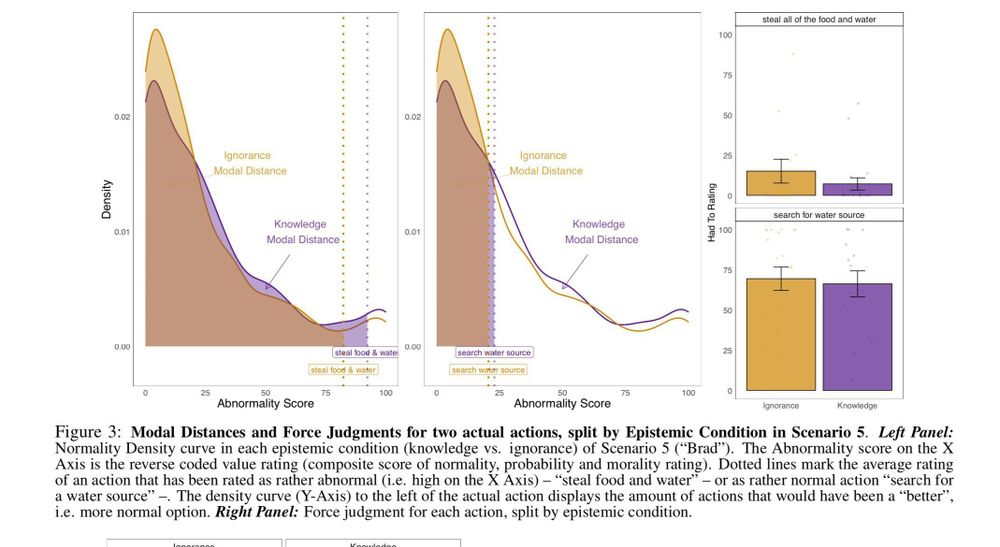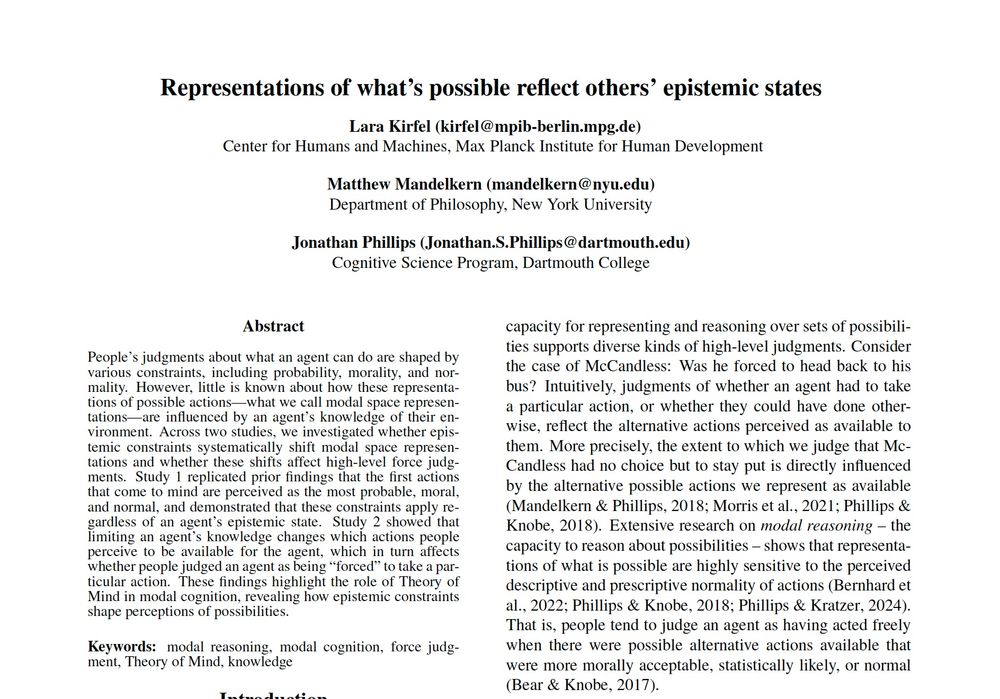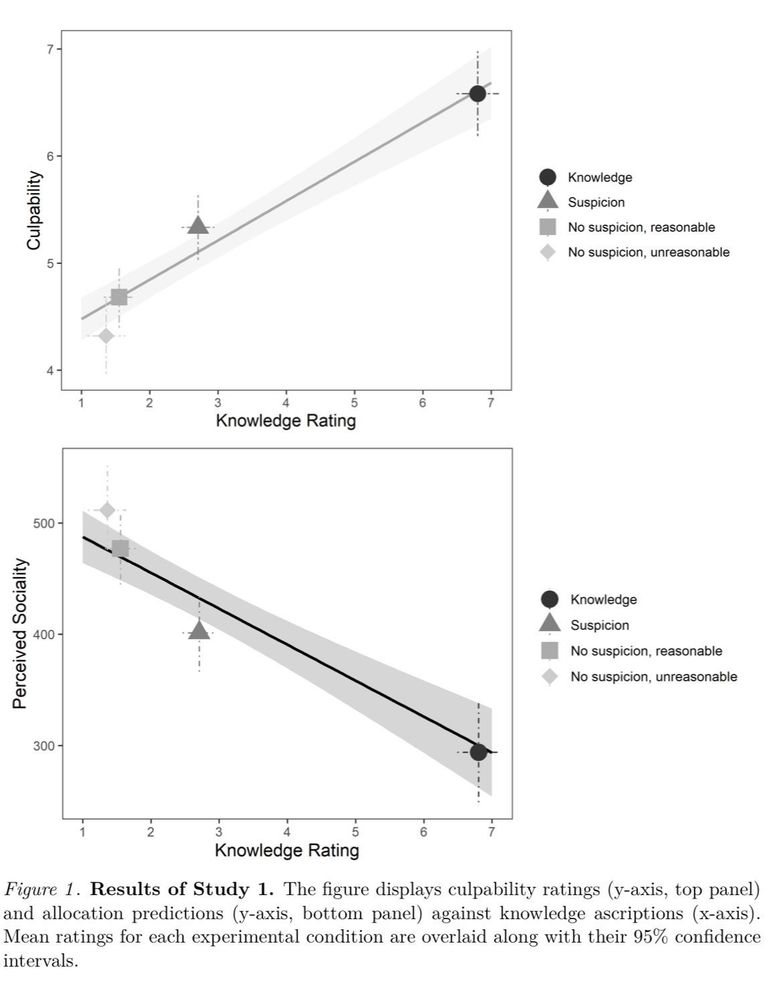Lara Kirfel
@larakirfel.bsky.social
300 followers
340 following
5 posts
CogSci, Philosophy & AI, Postdoc at Max Planck Institute Berlin.
Posts
Media
Videos
Starter Packs
Reposted by Lara Kirfel
Reposted by Lara Kirfel
PsyArXivBot
@psyarxivbot.bsky.social
· May 12
Reposted by Lara Kirfel
Lara Kirfel
@larakirfel.bsky.social
· May 27
"Moral AI"?! Navigating Ethical Decisions with Large Language Models | re:publica
Die re:publica Berlin ist das Festival für die digitale Gesellschaft und die größte Konferenz ihrer Art in Europa. Die Teilnehmer*innen der re:publica bilden einen Querschnitt unserer (digitalen) Gese...
re-publica.com






